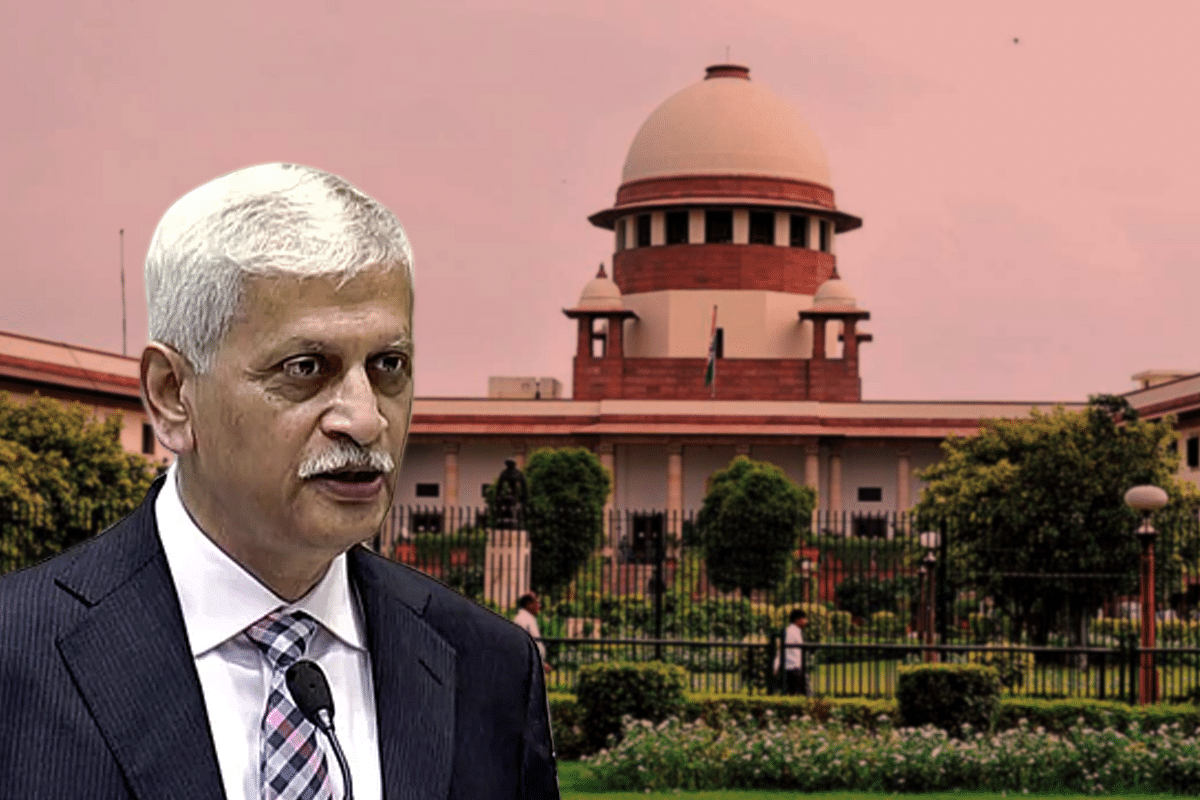News Brief
Dissenting On EWS: Two Judges, Including CJI, Of The View That 103rd Amendment Violates Constitution By Not Including SCs, STs And OBCs In 'Economically Backward Classes'

The Chief Justice of the Supreme Court, Justice U U Lalit.
A five-judge Constitution bench of the Supreme Court has upheld the 103rd Constitutional Amendment that provided for reservation on grounds of economic deprivation. The bench ruled in favour of the amendment by 3-2.
Chief Justice of India (CJI) U U Lalit and Justice S Ravindra Bhat dissented with the majority verdict while Justice Dinesh Maheshwari, Bela M Trivedi, and J B Pardiwala held that 10 per cent reservation in jobs and education for Economically Weaker Sections (EWS) does NOT violate the basic structure of the Indian Constitution.
Earlier in September, the Supreme Court had framed three broad issues for judgement on the issue of EWS reservation:
Whether the 103rd Constitution Amendment Act for implementing EWS quota breaches the basic structure of the Constitution by permitting the state to make special provisions, including reservation, based on economic criteria?
Whether the amendment breaches the basic structure by permitting the state to make special provisions concerning admissions to private unaided institutions?
Whether it breaches the basic structure of the Constitution by excluding the SEBCs/OBCs, SCs/STs from EWS reservation?
CJI Lalit along with Justice S Ravindra Bhat, with respect of Question No 3, are of the view that by excluding the poor among the SC/ST/OBC from Economically Backward Classes, the amendment is discriminatory and therefore violative of the Constitution.
The EWS Case
The Supreme Court began hearing the petitions filed against the validity of 103rd Constitution Amendment on 13 September.
One of the main arguments of the petitioners was that EWS reservation is a tool for financial upliftment of the ‘forward classes’.
Advocate Mohan Gopal, for example, had argued in the Supreme Court that as the EWS quota excluded socially and educationally backward classes, it violated the principles of equality and justices and therefore infringed upon the ‘basic structure’ of the Constitution.
He had also submitted that through the EWS reservation, the government was essentially excluding a person from the benefits of reservation just because the person is from a ‘lower caste’.
With a verdict that's not unanimous, it is now likely that the petitioners would appeal for the matter to be heard by a larger bench. It is also expected that they would use the current CJI's judgement in the matter to support their argument.
Support Swarajya's 50 Ground Reports Project & Sponsor A Story
Every general election Swarajya does a 50 ground reports project.
Aimed only at serious readers and those who appreciate the nuances of political undercurrents, the project provides a sense of India's electoral landscape. As you know, these reports are produced after considerable investment of travel, time and effort on the ground.
This time too we've kicked off the project in style and have covered over 30 constituencies already. If you're someone who appreciates such work and have enjoyed our coverage please consider sponsoring a ground report for just Rs 2999 to Rs 19,999 - it goes a long way in helping us produce more quality reportage.
You can also back this project by becoming a subscriber for as little as Rs 999 - so do click on this links and choose a plan that suits you and back us.
Click below to contribute.
Latest